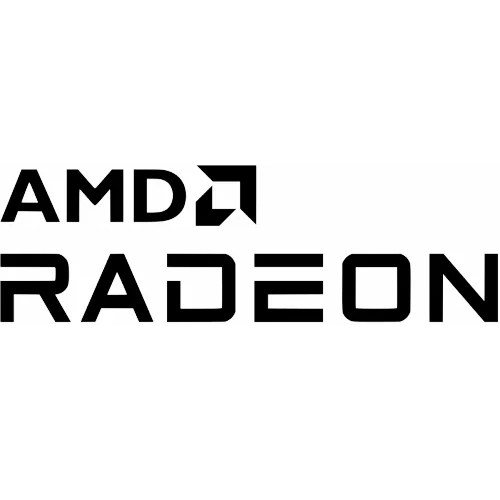Linux 5.8 Bringing Soft Recovery Support For GFX10/Navi

With it getting late in the cycle and the shiny new work mostly already being queued, this latest pull request has RAS fixes, DisplayPort 1.4 compliance fixes, clock-gating fixes, run-time power management cleanups, PSP code clean-ups, and other low-level fixes/maintenance work but also some feature activity still.
On the feature front is support for exposing FP16 pixel format support for mode-setting, soft recovery for GFX10, and the AMDKFD compute driver can now track GPU memory utilization on a per-process basis.
The soft recovery support for GFX10/Navi is similar to what has already been in place for GFX9 hardware and allows for killing the waves for hung shaders. GFX10 has already supported full GPU reset recovery support for Linux while this addition is just the "soft" recovery capability.
The AMDKFD per-process vRAM tracking is ultimately exposed to user-space via a new sysfs interface.
The complete list of this latest batch of AMDGPU changes queuing for Linux 5.8 can be found via this pull request.
5 Comments

